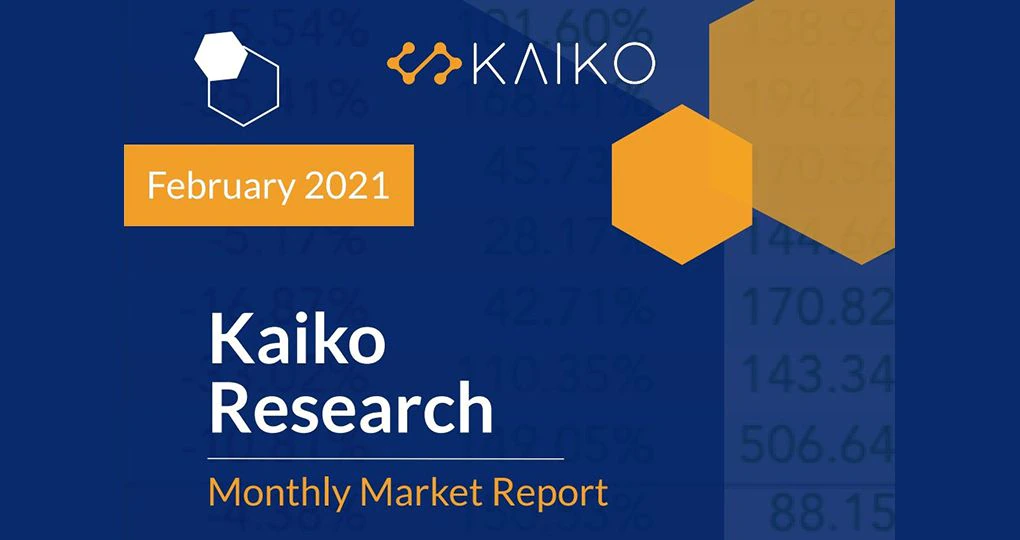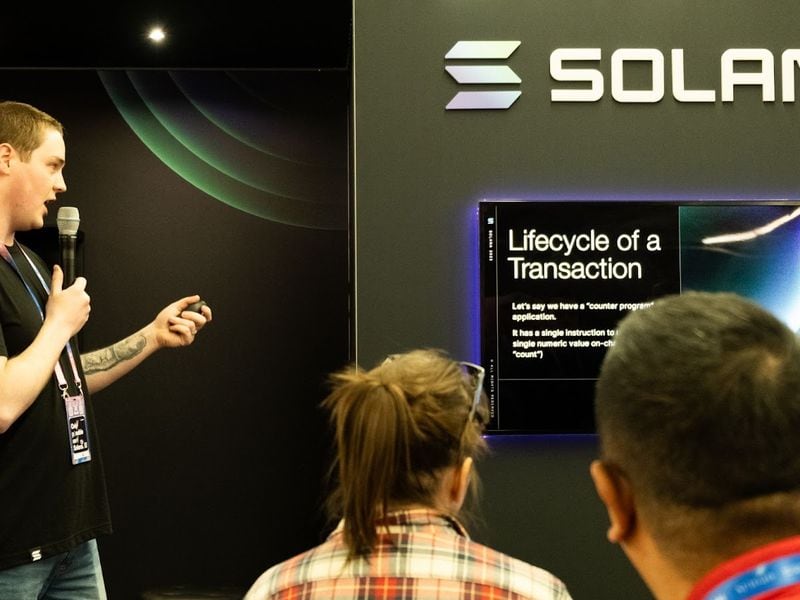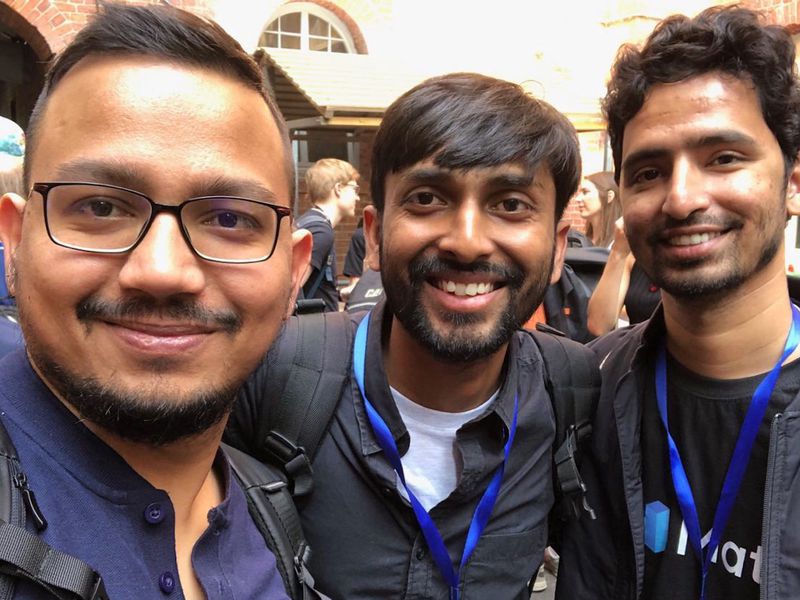Modular Blockchain Astria Raises $5.5M for Shared Sequencer Network
Join the most important conversation in crypto and Web3 taking place in Austin, Texas, April 26-28.
:format(jpg)/www.coindesk.com/resizer/Wsw21Z13uYNeMwlEy09fcHX_LHw=/arc-photo-coindesk/arc2-prod/public/Z2G3HHMTVJGWRAQIH4UHCT3FEY.jpg)
Jamie Crawley is a CoinDesk news reporter based in London.
Join the most important conversation in crypto and Web3 taking place in Austin, Texas, April 26-28.
Modular blockchain Astria has raised $5.5 million in seed funding to develop its shared sequencer network.
The funding round was led by Maven 11 and included contributions from various prominent crypto investment firms including 1kx, Delphi Ventures and Figment Capital.
Astria’s aim is to enable anyone to deploy their own censorship-resistant rollup without having to rely on a centralized sequencer.
Sequencers coordinate transactions on layer 2 rollups – networks that offload activity from layer 1 chains such as Ethereum to decrease network congestion and reduce fees. Sequencers can technically censor or re-reorder transactions for some benefit before they pass those transactions down to a layer 1 chain. Therefore rollups seek ways of decentralizing this process.
“By using the shared sequencer, rollups are able to maintain high throughput and low-latency soft commitments, while gaining cross-chain composability,” Astria said in an emailed announcement on Tuesday.
Astria is also developing its Astria EVM, powered by the shared sequencer network and which it plans to serve as the flagship Ethereum Virtual Machine (EVM) for modular blockchain Celestia’s data availability layer.
“Modular” is used as a term for networks that separate the core blockchain functions – consensus, settlement, data availability and execution – into separate layers in order to prevent any being sacrificed in favor of any of the others.
Edited by Sam Kessler and Bradley Keoun.
CORRECTION (April 4, 17:10 UTC): Changes Delphi Capital to Delphi Ventures.
DISCLOSURE
Please note that our
privacy policy,
terms of use,
cookies,
and
do not sell my personal information
has been updated
.
The leader in news and information on cryptocurrency, digital assets and the future of money, CoinDesk is a media outlet that strives for the highest journalistic standards and abides by a
strict set of editorial policies.
CoinDesk is an independent operating subsidiary of
Digital Currency Group,
which invests in
cryptocurrencies
and blockchain
startups.
As part of their compensation, certain CoinDesk employees, including editorial employees, may receive exposure to DCG equity in the form of
stock appreciation rights,
which vest over a multi-year period. CoinDesk journalists are not allowed to purchase stock outright in DCG
.
:format(jpg)/www.coindesk.com/resizer/Wsw21Z13uYNeMwlEy09fcHX_LHw=/arc-photo-coindesk/arc2-prod/public/Z2G3HHMTVJGWRAQIH4UHCT3FEY.jpg)
Jamie Crawley is a CoinDesk news reporter based in London.
Learn more about Consensus 2023, CoinDesk’s longest-running and most influential event that brings together all sides of crypto, blockchain and Web3. Head to consensus.coindesk.com to register and buy your pass now.
:format(jpg)/www.coindesk.com/resizer/Wsw21Z13uYNeMwlEy09fcHX_LHw=/arc-photo-coindesk/arc2-prod/public/Z2G3HHMTVJGWRAQIH4UHCT3FEY.jpg)
Jamie Crawley is a CoinDesk news reporter based in London.









